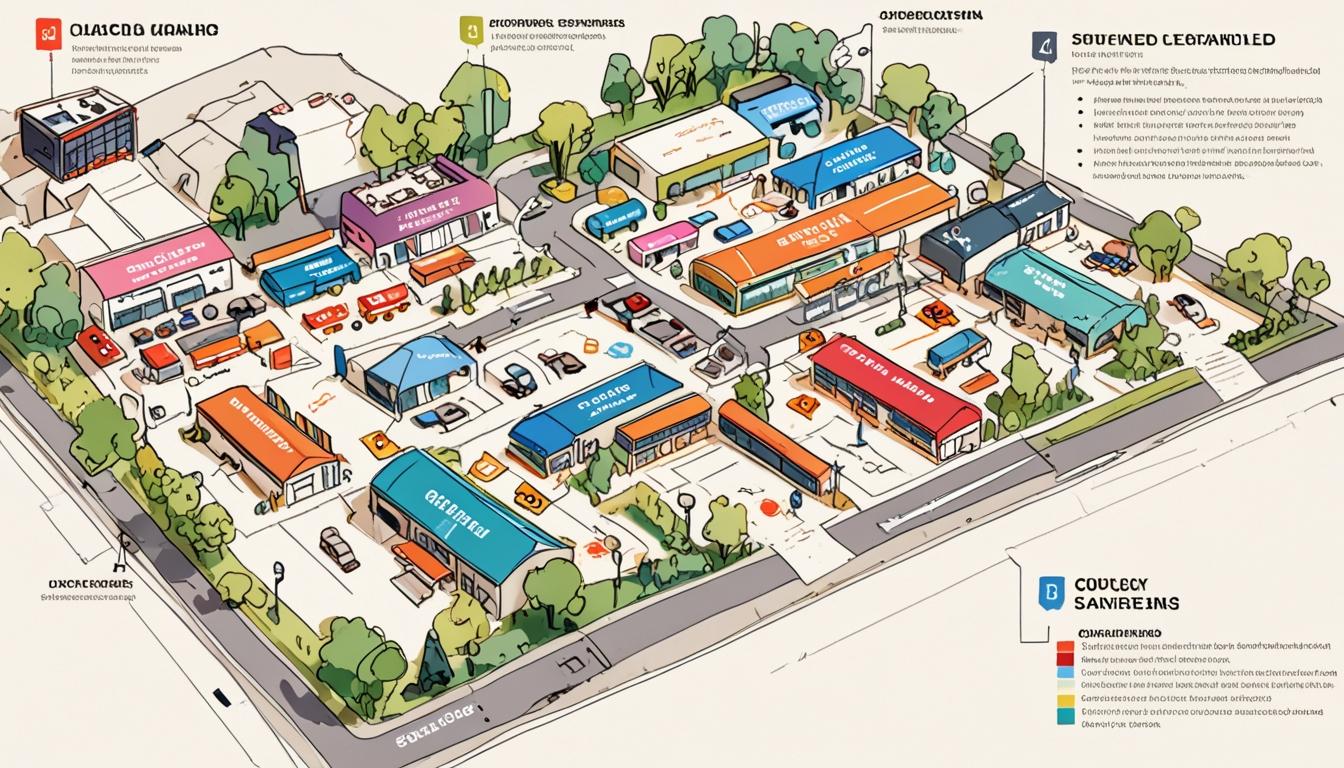Replenysh, a software and supply chain company dedicated to mapping and connecting brands with sources of recycled content, announced it has raised $8 million in a Series A funding round. The financing will be used to scale operations and expand its network of recycled material suppliers and buyers across the United States.
The funding round was led by venture capital firm M13, with participation from Incite, Kindred Ventures, Floodgate Fund, and various angel investors. Concurrently, Replenysh appointed Andrew Langtry as its new chief operating officer. Langtry, formerly vice president and general manager at WM Technology, brings extensive experience in scaling marketplaces, particularly in supply-constrained environments. CEO Mark Armen stated that Langtry’s expertise will be instrumental in advancing Replenysh’s plans for growth.
Founded in 2016, Replenysh previously raised $2 million in seed funding in 2020. The company’s mission centres on addressing the complexities of sourcing recycled materials amid rising brand demand, prompted in part by increasing mandates and policies favouring recycled content. Armen highlighted that challenges in supply chain and sourcing have made accessing high-quality recycled materials difficult. While traditional recycling systems such as material recovery facilities (MRFs) remain vital, Replenysh seeks to broaden the supply chain scope by identifying non-traditional recyclable material sources—including hotels, restaurants, and college campuses.
Replenysh’s software platform maps collection sites, verifies sources of recycled materials, tracks material provenance, and connects processors and manufacturers with supply. Notable brands such as PepsiCo, Walmart, and Coca-Cola have engaged with Replenysh. Armen explained that the data provided by the platform enhances transparency and reliability in recycled content sourcing. For example, the company may identify “key accounts” where target materials are collected, then channel these materials back into the corresponding brand’s supply chain.
“Every brand today is in a supply chain crunch — not just for new materials, but recycled ones too,” Armen said in a statement announcing the Series A funding. “We’re building the precision recovery grid for recycled materials that gives brands total visibility and control.”
Anna Barber, partner at M13, commented that the timing for Replenysh’s business model is “exactly right,” citing strong buy-in from brands, recyclers, and operators. “The tools are in place to allow a company like Replenysh to stitch all these pieces together that are already there,” she told Waste Dive.
Langtry will focus on strategy, operations, and market expansion, especially addressing supply-side challenges associated with “consistent, clean supply.” He described this as “the biggest bottleneck in material sourcing.”
Among Replenysh’s recent initiatives is its integration into California’s glass recycling system, following the state’s expansion of its bottle bill to include wine and liquor bottles. The project supports major brands with recycled glass content goals by engaging venues like bars, restaurants, music venues, and college campuses that previously discarded glass bottles. Armen reported that this effort collected nearly 1 million pounds of glass in the first eight weeks.
Replenysh has also worked to grow recycling access in smaller and rural communities. In 2022, the company partnered with Every Can Counts U.S. to establish a “cans for cash” aluminium beverage can recycling drop-off and buyback scheme in areas with limited recycling infrastructure, managing the technology and operations needed for the programme. Additionally, their work in Jackson, Mississippi, aided in managing a surge of PET water bottles during the city’s water crisis.
Armen described that with the new funding, Replenysh aims to deepen regional market engagement while developing scalable models for national rollout. “Instead of doing a little material in a lot of markets, how do we do a lot of material in key markets and create that playbook, then copy and paste it in every market in the country?” he said.
The company’s expansion occurs amid global uncertainties, including potential tariffs, prompting brands to seek more stable, domestic sources for materials such as aluminium. Armen noted, “Building this new domestic recovery infrastructure keeps the supply domestic, and that limits our exposure to the global uncertainty that we see today.”
He further stated, “Brands, and ultimately, consumers, have to pay the price for poor recovery infrastructure. I think everything's connected. If we can build better, more resilient supply chains based off better domestic infrastructure, everyone benefits from that.”
Source: Noah Wire Services
